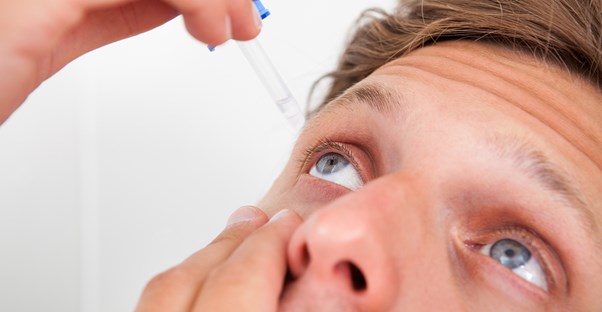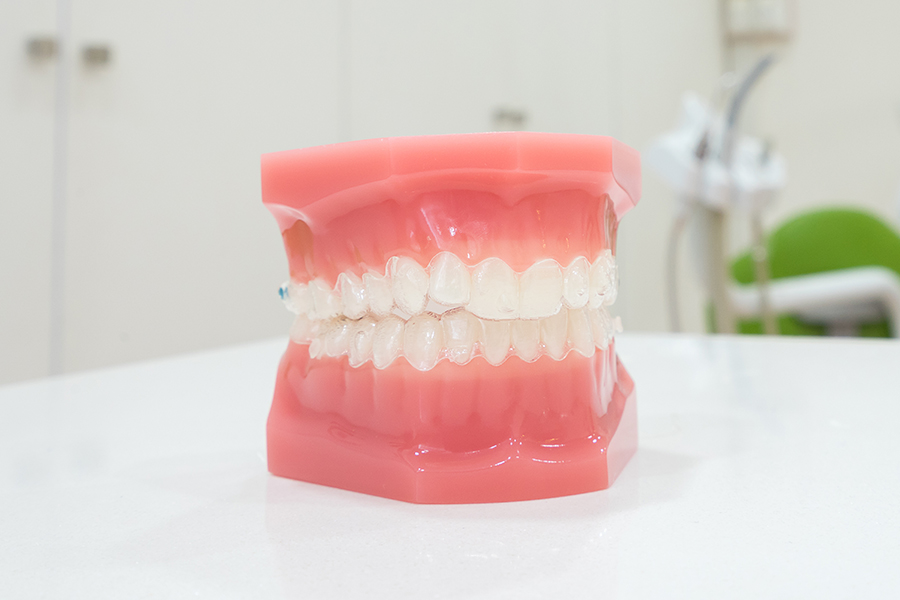Treatments for Allergies

Allergies are a problem for millions of Americans, and for many, they're a year-round struggle. Fortunately, there are a variety of methods that are widely and successfully used in the treatment and control of allergies.
Antihistamines
Allergic reactions cause your body to release a substance called histamine. Histamine is responsible for causing your eyes to itch, water, and burn and your nose to become runny and stuffy. Because these symptoms are often the most troubling part of allergies, doctors often recommend an over-the-counter antihistamine like diphenhydramine (Benadryl). These medications block the release of histamine, preventing the symptoms associated with it.
Like most medications, antihistamines have side effects. These typically include drowsiness and dryness of the eyes, nose, and mouth.
Decongestants
Unfortunately, once your nose is already stuffy, taking an antihistamine won't help. In fact, it may make it worse by causing the mucous membranes to dry out excessively and become further irritated. For this reason, many people with allergies also rely on a decongestant.
Nasal congestion is caused by inflammation of the tissues that line the inside of the nose. Decongestants work by making the tiny blood vessels in the nasal tissues constrict, which in turn minimizes swelling and improves your ability to breathe comfortably. However, these medications should not be used for more than three days consecutively. Longer use can actually worsen nasal allergy symptoms.
Corticosteroids
Corticosteroids are widely used in the control of allergies, especially in more severe cases. These medications, which are only available by prescription, act like the stress hormone cortisol once inside your body. Although cortisol can cause health problems in large amounts over a prolonged period, it also has potent anti-inflammatory properties. By taking a medication that contains synthetic cortisol, inflammation is reduced and nasal allergy symptoms are improved.
Nasal Sprays
Nasal sprays are also commonly recommended to patients struggling with allergies. Those formulated with saline can help to moisten a dry, irritated nose, improving comfort and preventing further irritation of tissues. The nasal spray that works best for you will depend on the severity and frequency of your allergies.
In many cases, nasal sprays are also medicated; some contain a decongestant or antihistamine and can be purchased at a drugstore. Others contain corticosteroids and are only available from a doctor. Some nasal sprays also work by supplying an anticholinergic drug directly into the nasal passages, which stops the membranes from producing mucus.
Allergy Shots
Allergy shots are a relatively new treatment, but they're showing great promise in helping chronic allergy sufferers. The shots work by introducing carefully controlled amounts of the substance you're allergic to into your body. Several of these shots are given over a certain period of time at regular intervals until your sensitivity to the allergen diminishes or disappears. Afterward, however, you will still require occasional maintenance doses to help you maintain your resistance to the allergen.
Most people respond well to allergy shots, but some side effects are to be expected. These are generally not a concern and are usually limited to discomfort at the injection site. In rare cases, however, some individuals may experience severe adverse reactions.








